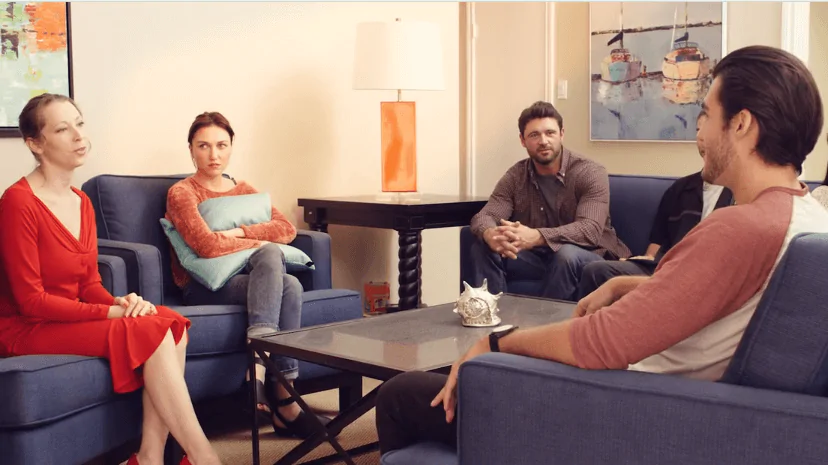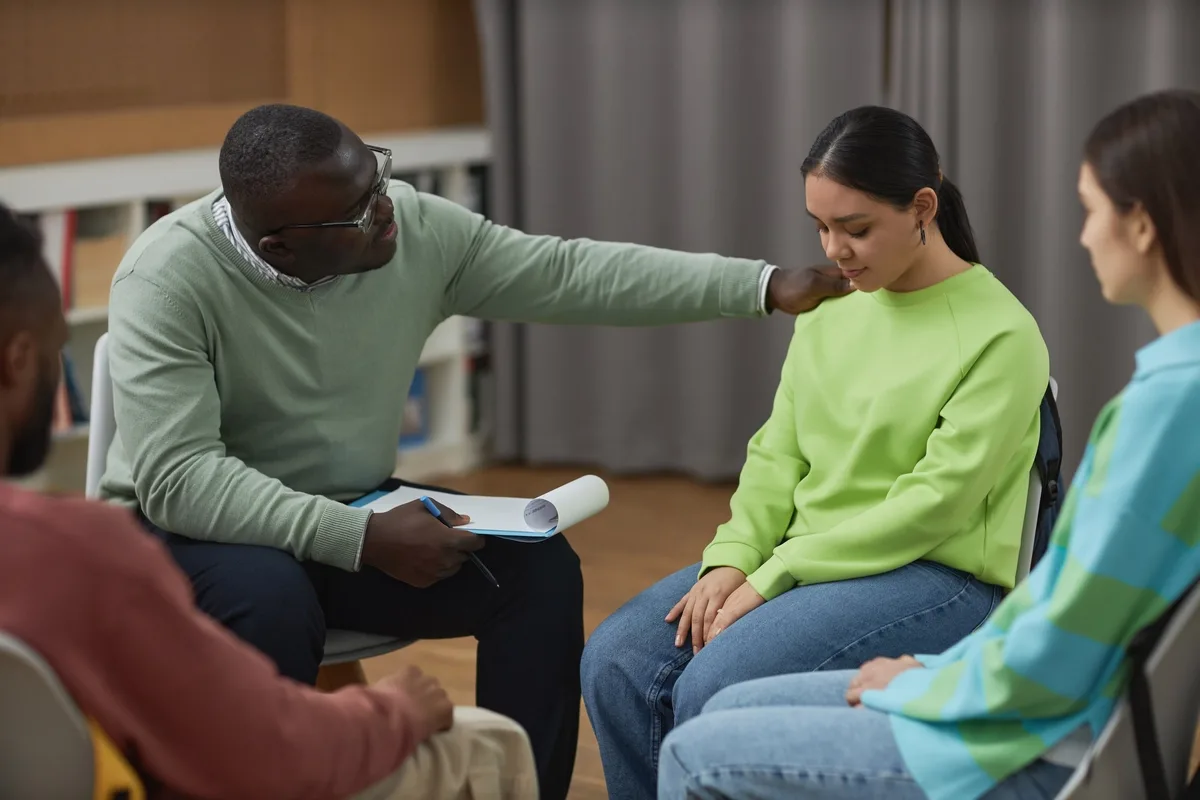24/7 Helpline:
(866) 899-221924/7 Helpline:
(866) 899-2219
Learn more about Dual Diagnosis Rehab centers in Red Wing
Dual Diagnosis Rehab in Other Cities

Other Insurance Options

Molina Healthcare

Coventry Health Care

Oxford

Group Health Incorporated

Highmark

Magellan Health

BlueShield

Premera
Beacon

Regence

Aetna

Meritain

Anthem

Ceridian

Health Partners

UnitedHealth Group

Providence

American Behavioral

Multiplan

GEHA


Wenden Recovery Services
Wenden Recovery Services is a private rehab located in Red Wing, Minnesota. Wenden Recovery Services...

Common Ground Treatment
Common Ground Treatment is a private rehab located in Red Wing, Minnesota. Common Ground Treatment s...





































































Southern Highlands CMHC
Southern Highlands CMHC is a private rehab located in Welch, West Virginia. Southern Highlands CMHC ...

Southern Highlands Community Mental Health Center
Southern Highlands Community Mental Health Center offers regular physician's services, OBMAT, DUI cl...

















































